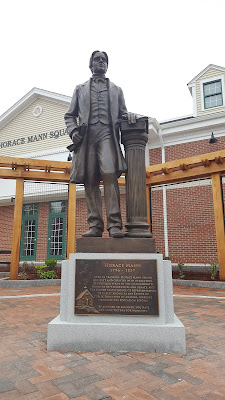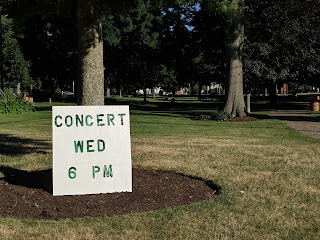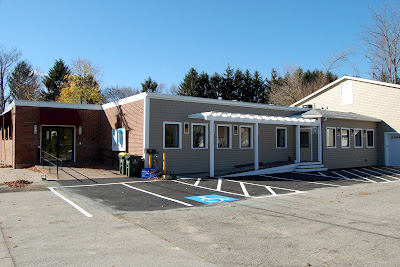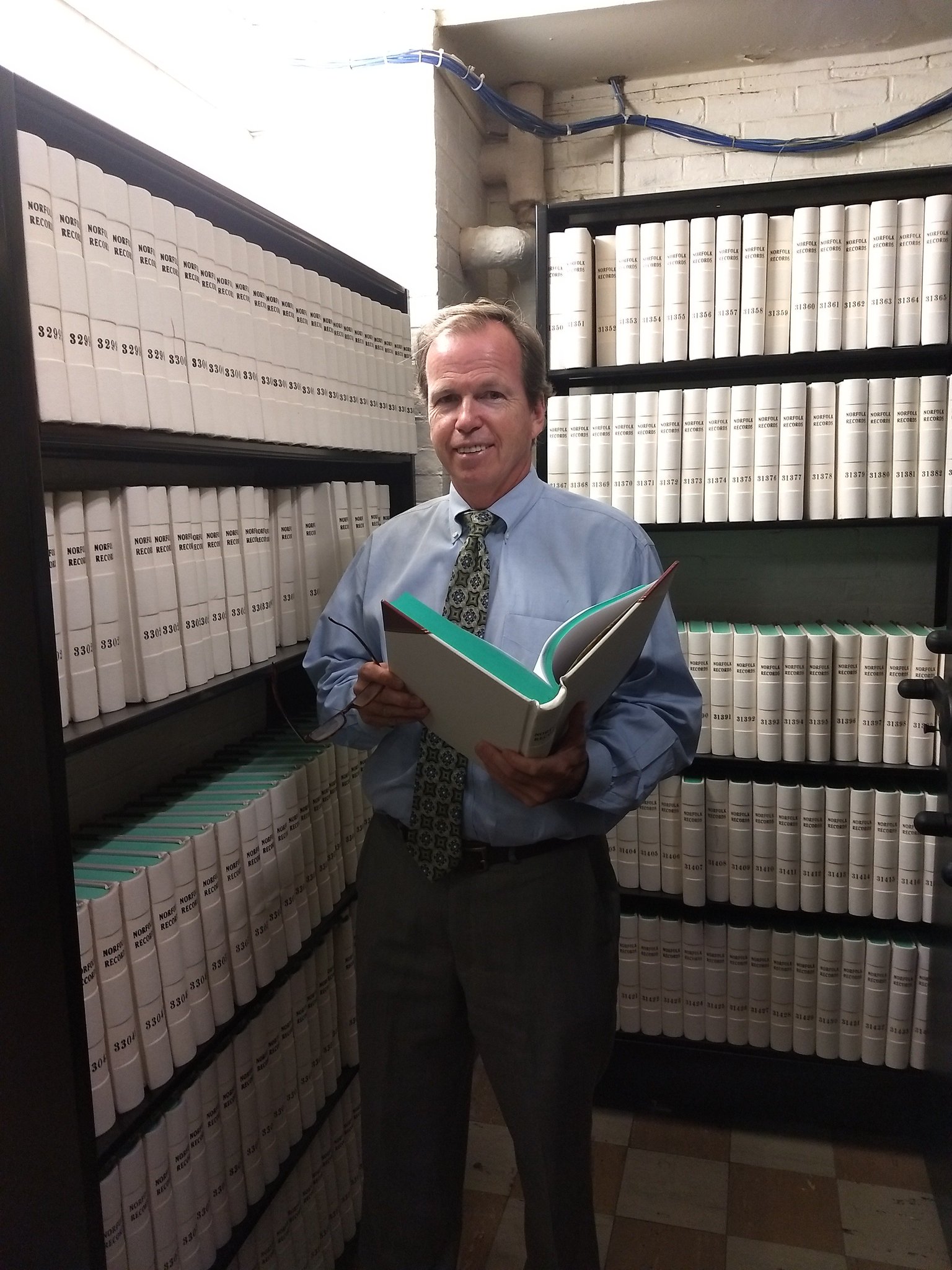Yesterday the Governor signed the Fiscal Year (FY) 2019 state budget, setting spending levels (subject to override) for education, local aid, transportation, environmental protection, supports for lower-income working families, access to health care, and everything else we do through government. The Governor approved approximately 99.9 percent of the Legislature's budget proposals, making $48.9 million in vetoes.
The Governor also proposed amendments to 12 of the 110 outside sections in the budget. Outside sections are legislation included in the budget. Often they amend laws that relate to expenditures in the budget. When the Governor proposes an amendment to an outside section the provision is returned to the Legislature. The provision then does not become law unless it is re-enacted by the Legislature (with or without amendment) and not vetoed by the Governor, or a veto is overridden.
The paragraphs below describe many of the Governor's vetoes and proposed amendments. The charts at the end of this email provide a complete summary of the vetoes and total spending levels by category after accounting for vetoes. For a full description of the budget line items that had been resolved by the Conference Committee, see our recent Budget Monitor.
EDUCATION
The Governor vetoed $200,000 from Assessment Consortium, a program that supports the development of alternative assessments of student educational performance, including measures beyond standardized tests.
ENVIRONMENT and RECREATION
In parks and recreation, the Governor vetoed $4.2 million of funding to various Department of Conservation and Recreation (DCR) programs. Of this, $3.9 million was for the new DCR Special Projects account, which the Legislature's budget created. This includes funding for parks and recreation project around the state.
HEALTH CARE
The Governor vetoed $11.8 million of a $14.8 million earmark intended for supplemental payments to increase the rates paid to specific hospitals to support their increased costs for specialized pediatric care. The Governor leaves $3.0 million earmarked for any pediatric specialty unit. The Governor also eliminates $1.0 million for the development of a regional hospital system Western Massachusetts and $4.0 million to increase rates for adult day health and adult foster care programs.
The Governor also proposes changing an extension of a manufacturer's drug rebate program from two years as in the Legislature's budget to one year, and proposes language that the Health Policy Commission analyze its effectiveness.
HUMAN SERVICES
In transitional assistance, the Governor proposed an amendment to provisions the Legislature included in the budget to remove a restriction that bars families from receiving Department of Transitional (DTA) benefits for a child conceived while the family was receiving public assistance. In his amendment, the Governor proposes language to count adult social security income when determining eligibility and benefit levels for Transitional Aid for Families with Dependent Children (TAFDC). This new criterion could result in benefit cuts for almost 7,000 children.
INFRASTRUCURE, HOUSING and ECONOMIC DEVELOPMENT
The Governor vetoed $10.0 million from economic development accounts. Of this, he vetoed $2.1 million from the Legislature's Massachusetts Cultural Council proposal and $6.9 million from local economic development programs. The Governor also vetoed $50,000 in funding to reinstate the Massachusetts Office of Employee Involvement and Ownership.
In housing, the Governor vetoed $110,000 in proposed funding for the Department of Housing and Community Development (DHCD) Administration account. He also struck line item language that would have required DHCD to staff and maintain 10 offices around the state to accept in-person applications for the Emergency Assistance shelter Program.
Instead of the pilot program proposed by the Legislature to experiment with reducing traffic congestion by providing toll discounts to drivers traveling at off-peak hours, the Governor proposes a study of ways to reduce traffic congestion.
The Governor proposed an amendment to the requirement for a new Massachusetts Department of Transportation study of how the MBTA currently sets commuter rail fares to inform future fare-setting policy so that the study of using variable pricing based on time of day also examine how options would affect fare revenue. The Governor would also delay release of the report a year to make use of newly available data.
The Governor vetoed $817,000 in funding for the Massachusetts Transportation Trust Fund (MTTF) by eliminating virtually all spending targeted to specific local transportation projects.
LAW & PUBLIC SAFETY
The Governor vetoed $7.5 million from the Legislature's FY 2019 for law and public safety accounts. Of this amount, the Governor vetoed $2.5 million from the Legislature's Community Based Re-entry Programs proposal, aimed at reducing recidivism. Another $3.1 million of the Governor's vetoes were from local public safety agencies.
LOCAL AID
The Governor vetoed $1.3 million from the Municipal Regionalization and Efficiencies Incentive Reserve by eliminating funding for targeted local projects.
REVENUE
The Governor proposed an amendment to the Legislature's structure for a process to examine, evaluate, and report on the administration, effectiveness, and fiscal impact of tax expenditures. The Legislature had located this function in the Department of Revenue and the Governor's proposed amendment would instead create a new standing commission for this purpose.
The Governor proposes transferring up to $10 million in consolidated net surplus, if such a surplus exists at the end of the budget year, to the Massachusetts Life Sciences Investment Fund. This is in addition to the similar $10 million transfer of consolidated net surplus to the Massachusetts Community Preservation Trust Fund proposed by the Legislature.










